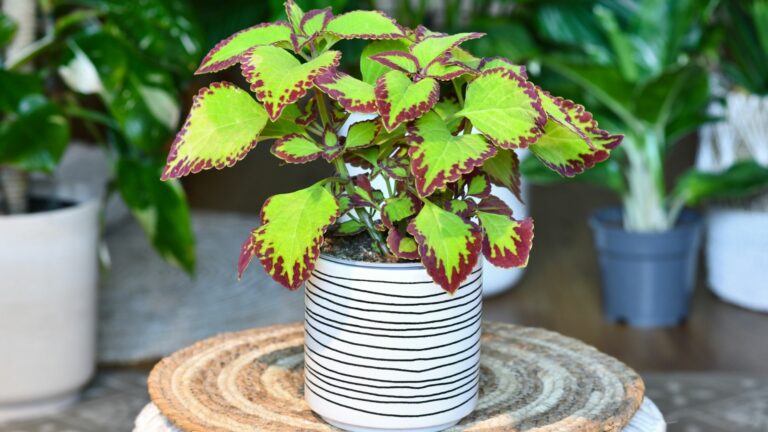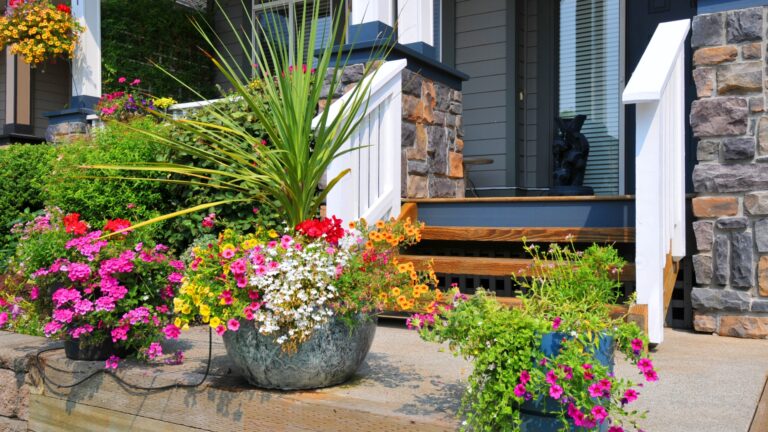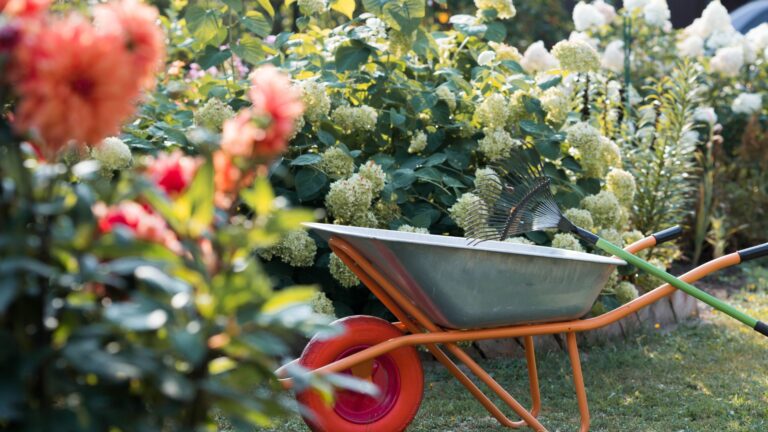23 Benefits Of Growing Vegetables In Raised Beds (And Mistakes To Avoid)
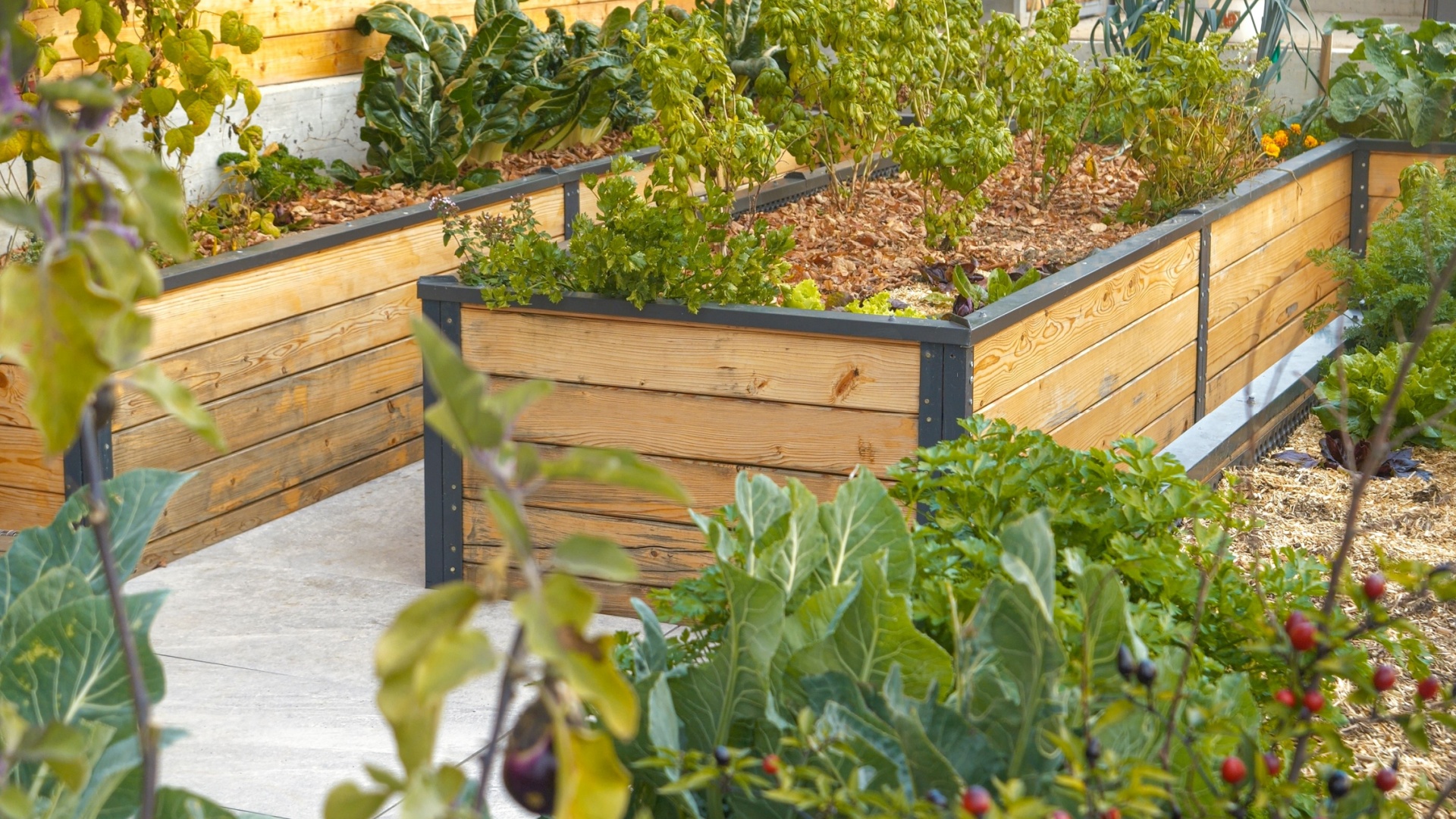
Growing vegetables in raised beds is a game-changer for gardeners, offering a bounty of benefits that can take your green thumb to the next level—along with a few pitfalls to steer clear of.
In this guide, we dig into 23 powerful perks and the common missteps to avoid, giving both budding beginners and seasoned soil lovers the tools to thrive.
1. Improved Soil Drainage
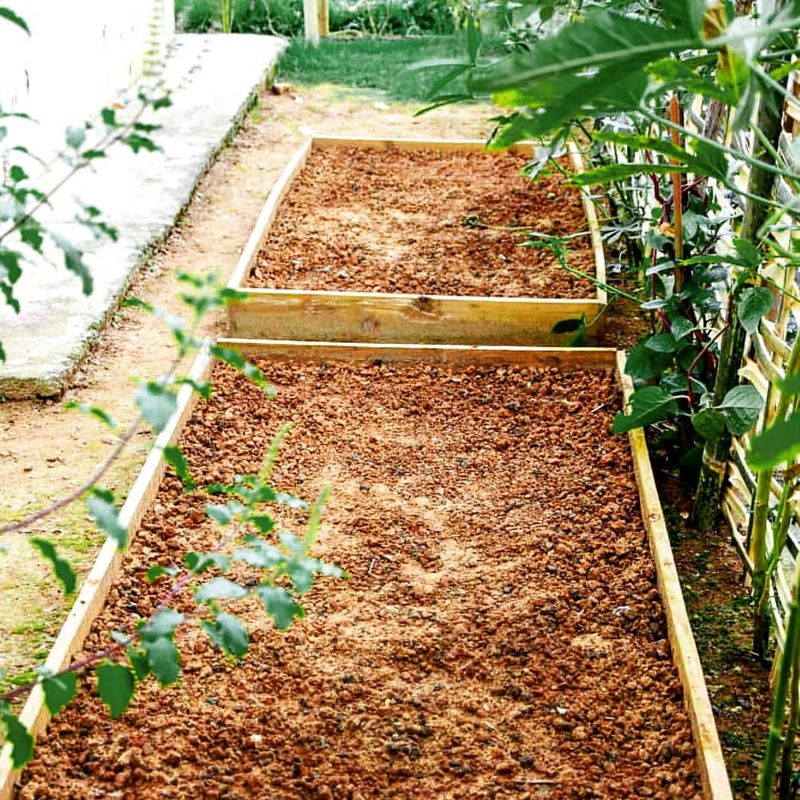
Raised beds offer better drainage compared to traditional ground plots, making them ideal for regions with heavy rainfall. By elevating the soil, water can percolate through more efficiently, preventing root rot and other water-related issues. This setup is particularly beneficial for plants that dislike wet feet, such as tomatoes and peppers.
Additionally, you can customize the soil mixture to suit your plants’ specific needs. This control over the growing medium leads to healthier and more productive plants. With raised beds, soggy soil is a thing of the past, giving gardeners peace of mind even during rainstorms.
2. Enhanced Soil Quality
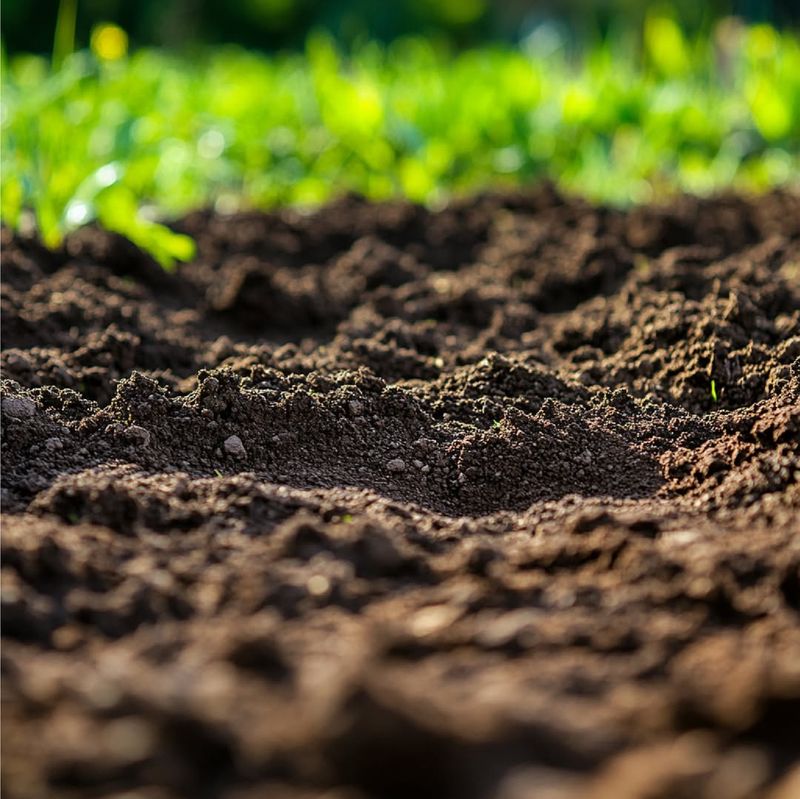
One of the key benefits of raised beds is the ability to create and maintain superior soil quality. You can start with a perfect blend of soil, free from contaminants and pests. This is particularly advantageous if your native soil is poor or rocky.
By regularly adding compost and organic matter, you can enrich the soil, boosting fertility and plant growth. This environment fosters robust root development and high yields. The ability to easily amend the soil ensures that your plants have optimal growing conditions throughout the season.
3. Weed Control
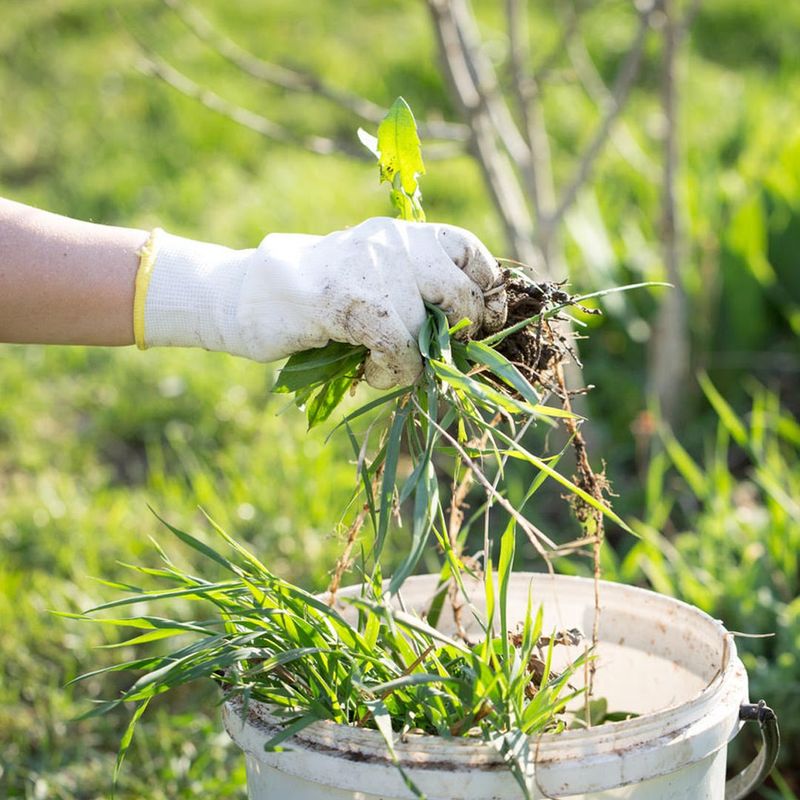
Weeds are the bane of gardeners everywhere, but raised beds can offer respite. By elevating the growing area, you create a barrier that keeps many weeds at bay. Additionally, the ability to closely monitor and manage the soil means weeds can be spotted and removed quickly.
With fewer weeds, your plants have less competition for nutrients and water. Using mulch or landscape fabric in raised beds further reduces the risk of weeds taking over. This makes for a more enjoyable gardening experience, with less time spent weeding.
4. Extended Growing Season
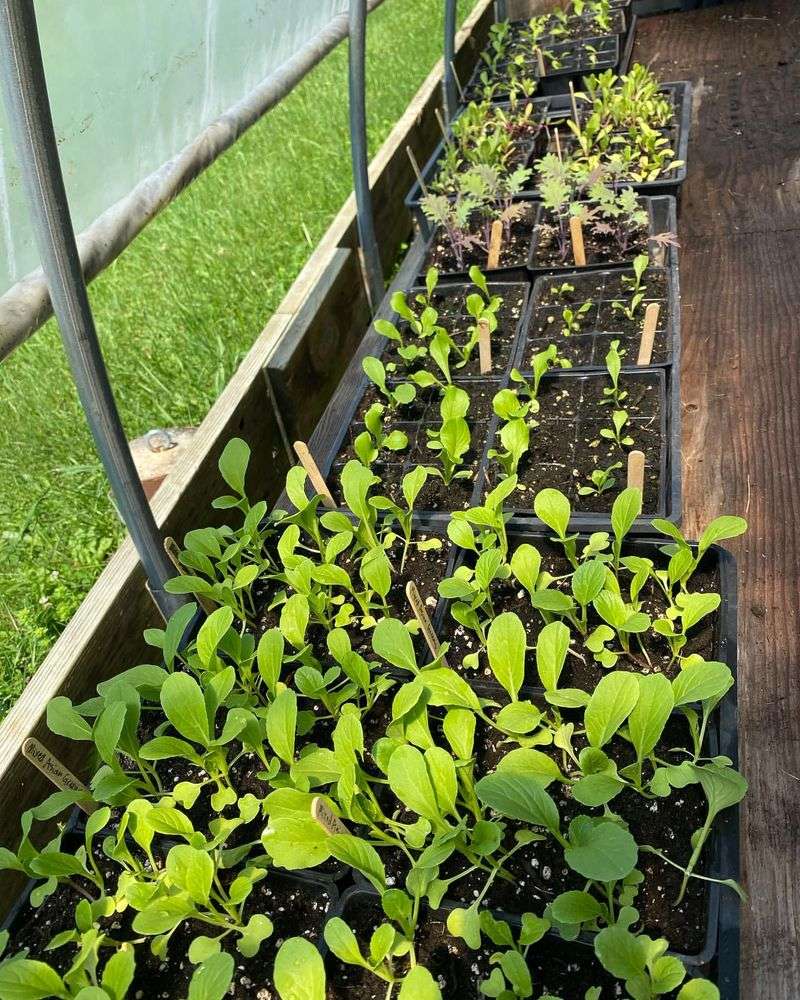
A raised bed can extend your growing season by warming up faster in the spring and retaining heat longer in the fall. This is especially beneficial for gardeners in cooler climates who crave a longer cultivation period.
Using covers or cold frames with raised beds can provide additional warmth and protection. This allows you to start planting earlier and harvest later, maximizing your garden’s output. The extended growing season means more fresh produce for you and your family.
5. Better Pest Control

Pests can wreak havoc on a garden, but raised beds offer better pest control options. Elevating plants makes it harder for certain pests, like slugs and snails, to reach them. You can also easily install barriers such as nets or mesh to deter larger creatures.
Raised beds allow for more precise application of organic pest control measures. By closely monitoring the confined space, you can quickly identify and address pest issues. This targeted approach helps keep your plants healthy and reduces the need for chemical pesticides.
6. Optimized Space
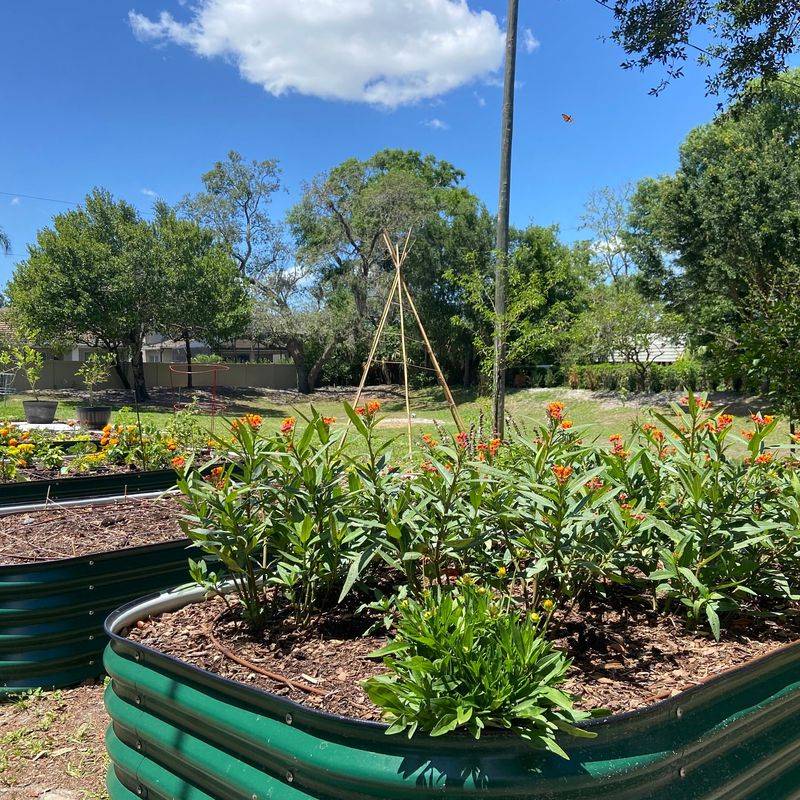
Raised beds are perfect for optimizing space, especially in urban or small garden settings. By building up rather than out, you make the most of limited areas. You can grow a variety of plants in a compact space, making it ideal for urban gardeners.
The neat and organized layout of raised beds also makes them visually appealing. This efficient use of space means you can enjoy homegrown produce even if you have a small yard or balcony. It’s a smart solution for those looking to maximize their space without sacrificing yield.
7. Improved Accessibility
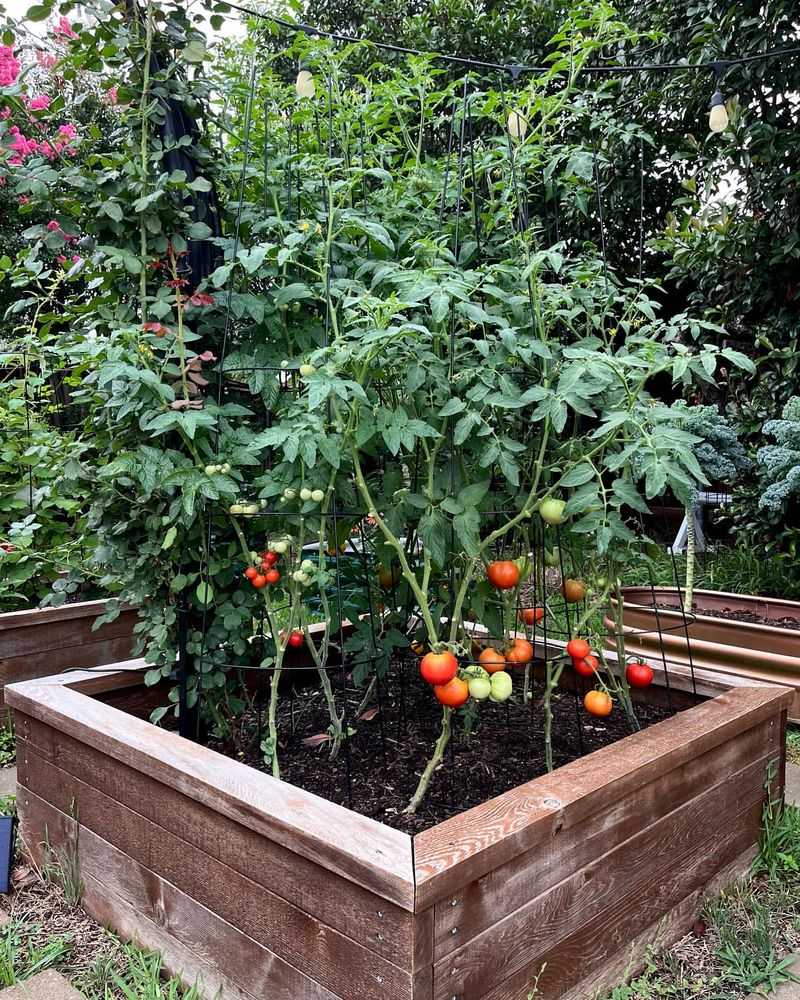
Raised beds can be a game-changer for accessibility, particularly for elderly or physically challenged gardeners. By raising the soil level, these beds minimize the need to bend down, reducing strain on the back and knees.
This feature makes gardening more inclusive, allowing everyone to enjoy the benefits of growing their own food. With the right height, raised beds can be tended while sitting, making them user-friendly for all ages and abilities. Improved accessibility ensures that gardening remains a pleasurable and sustainable activity.
8. Controlled Soil Temperature
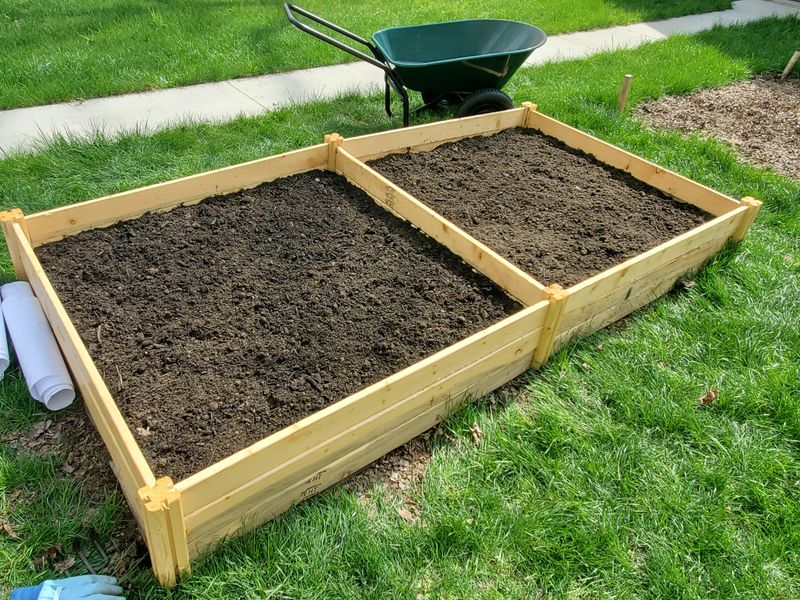
Maintaining optimal soil temperature is crucial for plant health, and raised beds help achieve this balance. The elevated structure allows for better air circulation, aiding in regulating temperature.
In raised beds, soil tends to warm up faster in spring, promoting early planting and growth. Conversely, it retains warmth longer in the fall, extending the harvest period. Controlled soil temperature translates into healthier plants and more bountiful yields.
9. Avoid Soil Compaction
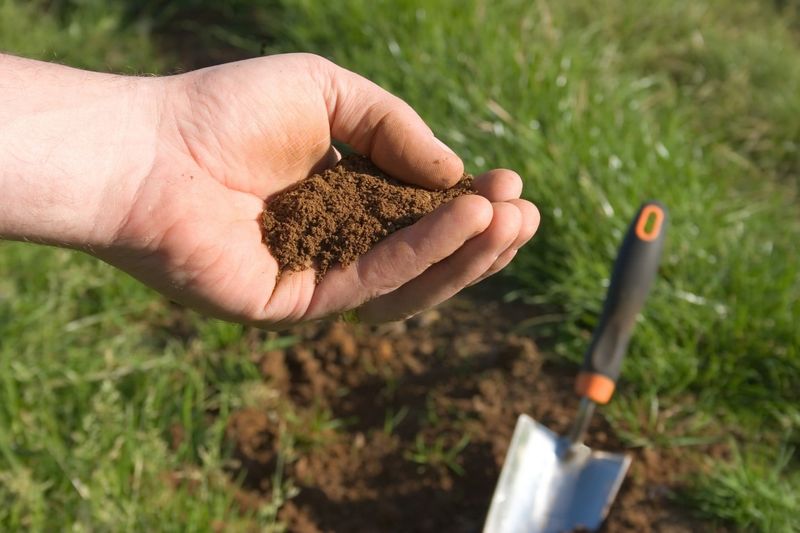
Soil compaction is a common issue in traditional gardens, but raised beds offer a solution. By design, they keep foot traffic off the planting area, preserving soil structure.
This lack of compaction allows roots to grow freely, improving water and nutrient absorption. Moreover, it facilitates better aeration, promoting beneficial microbial activity. Raised beds prevent the common pitfall of compacted soil, ensuring vigorous plant growth.
10. Easier to Manage
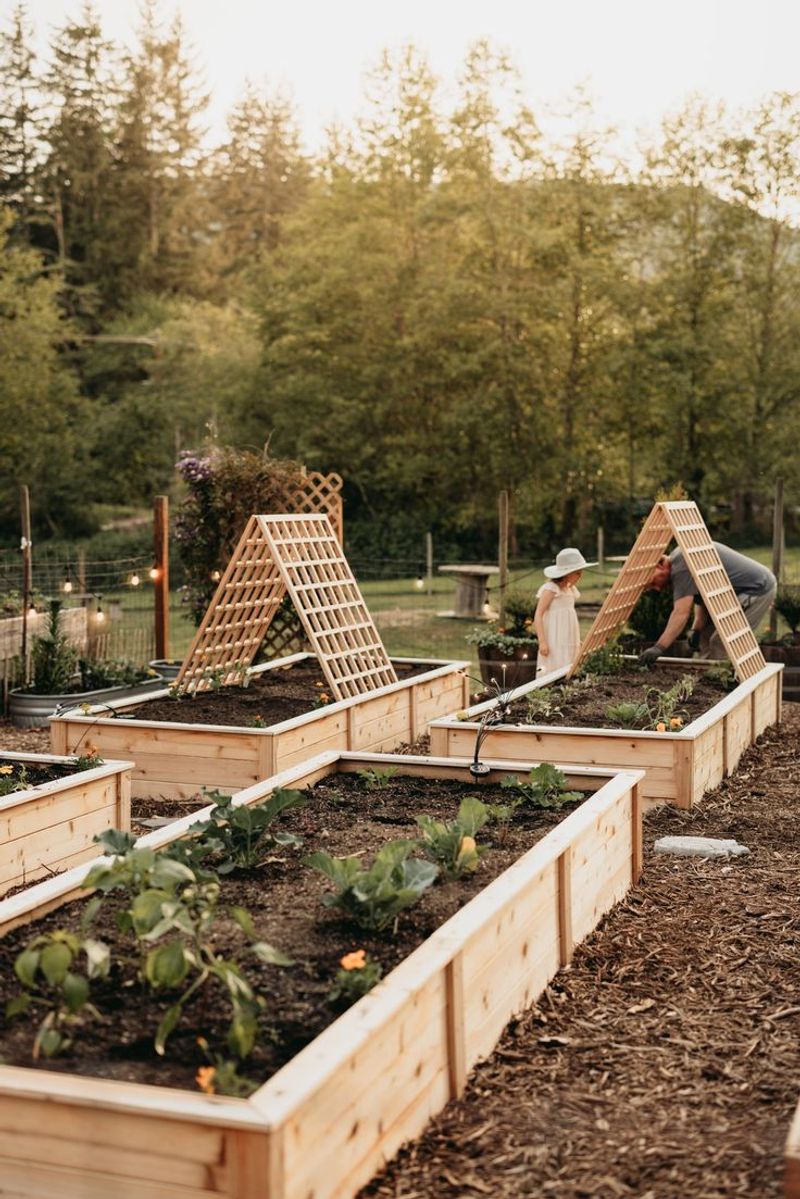
Managing a garden is simpler with raised beds due to their defined borders and contained spaces. Routine tasks like weeding, watering, and fertilizing become more straightforward.
The ability to focus on a smaller area reduces time and effort, making gardening manageable even for busy individuals. This organized approach enhances efficiency and can lead to better overall garden maintenance. Raised beds cater to both novice and expert gardeners by simplifying garden management.
11. Customizable Design
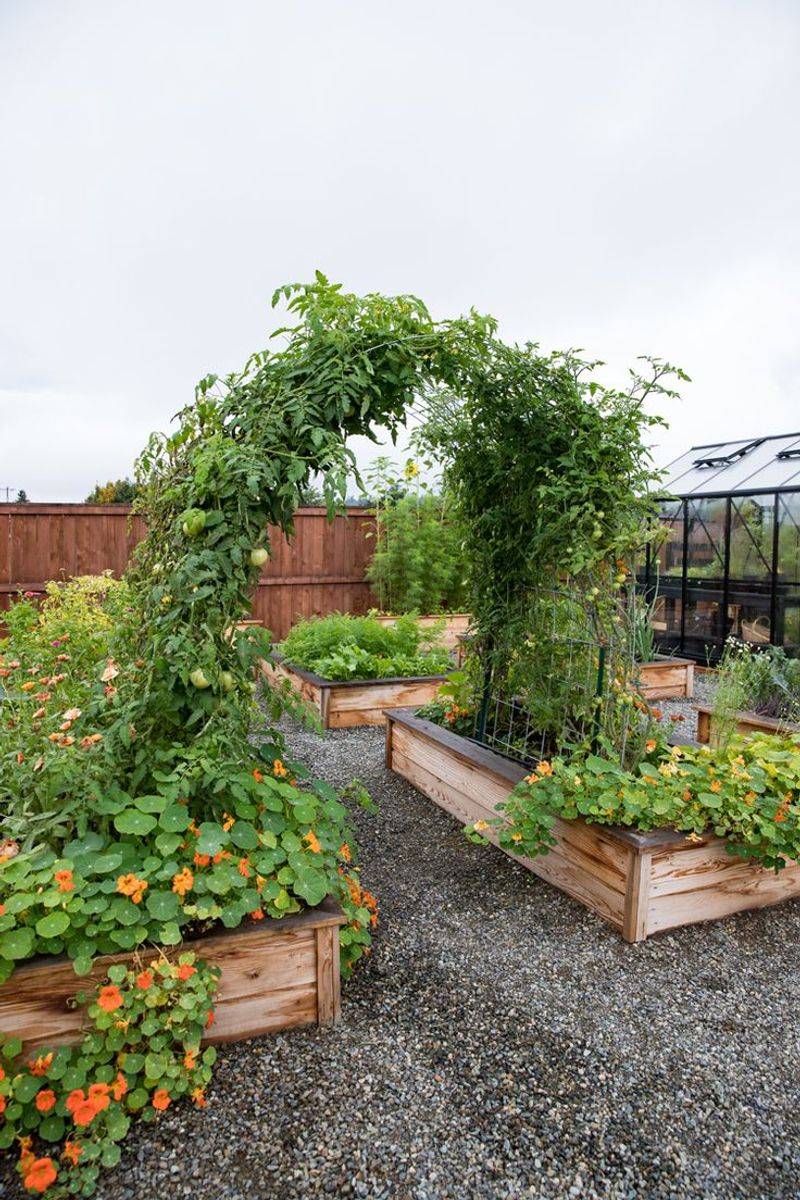
Raised beds offer endless possibilities when it comes to design, allowing gardeners to express their creativity. They can be built in any shape or size, tailored to fit specific garden layouts or aesthetic preferences.
This flexibility means you can create an eye-catching garden that complements your outdoor space. Whether you prefer traditional rectangular beds or innovative geometric shapes, raised beds provide a canvas for personalization. Customizable design options make gardening both fun and visually appealing.
12. Increased Yields
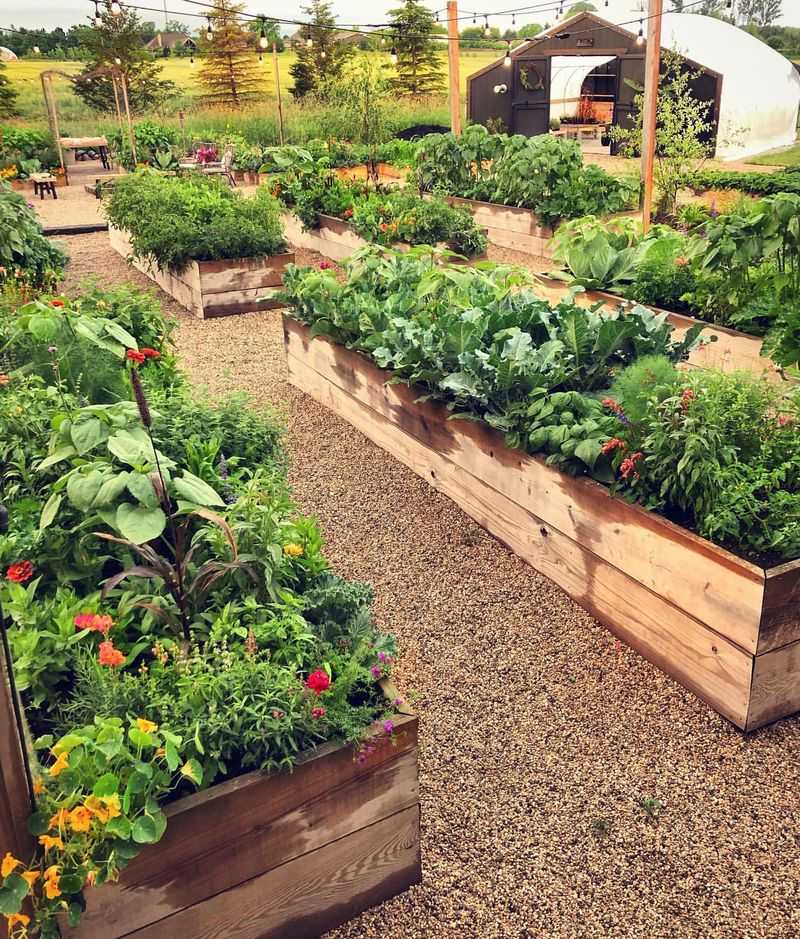
Growing vegetables in raised beds can lead to increased yields, thanks to optimal growing conditions. The combination of well-drained soil, controlled temperature, and targeted fertilization contributes to more productive plants.
Additionally, the ability to plant closer together maximizes the use of space, further boosting productivity. This method allows for intensive planting, resulting in more vegetables per square foot. Increased yields mean more fresh produce for your table, making raised beds a rewarding investment.
13. Reduced Soil Erosion

Soil erosion is a concern in many gardens, but raised beds help mitigate this issue. The structure of the bed holds the soil in place, reducing the risk of erosion caused by wind or water.
This stability is particularly beneficial in sloped areas where soil displacement is common. Raised beds ensure that valuable topsoil remains intact, providing a secure environment for plant roots. Reduced soil erosion leads to healthier plants and sustained garden productivity.
14. Efficient Water Use
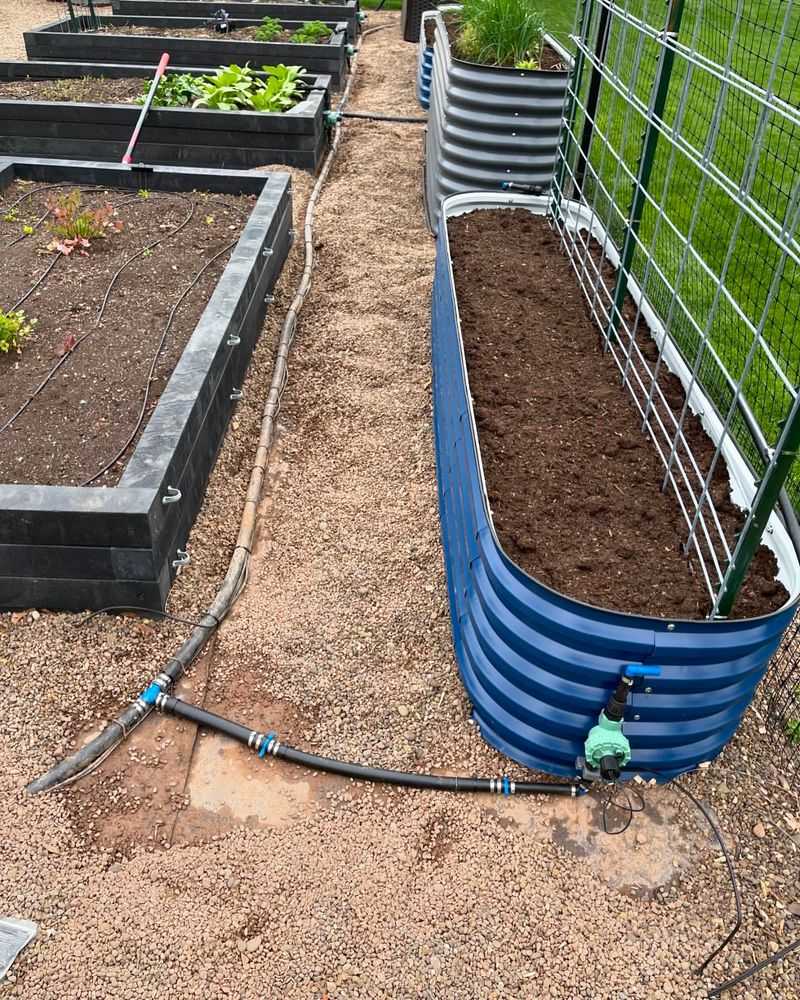
Efficient water use is a significant advantage of raised beds, especially in arid regions. The confined space allows for targeted watering, minimizing waste and ensuring plants receive adequate moisture.
Incorporating systems like drip irrigation can further enhance water efficiency, delivering hydration directly to the roots. This method conserves water while promoting healthy growth, making raised beds an eco-friendly choice. Efficient water use not only benefits the environment but also reduces gardening costs.
15. Easy Crop Rotation
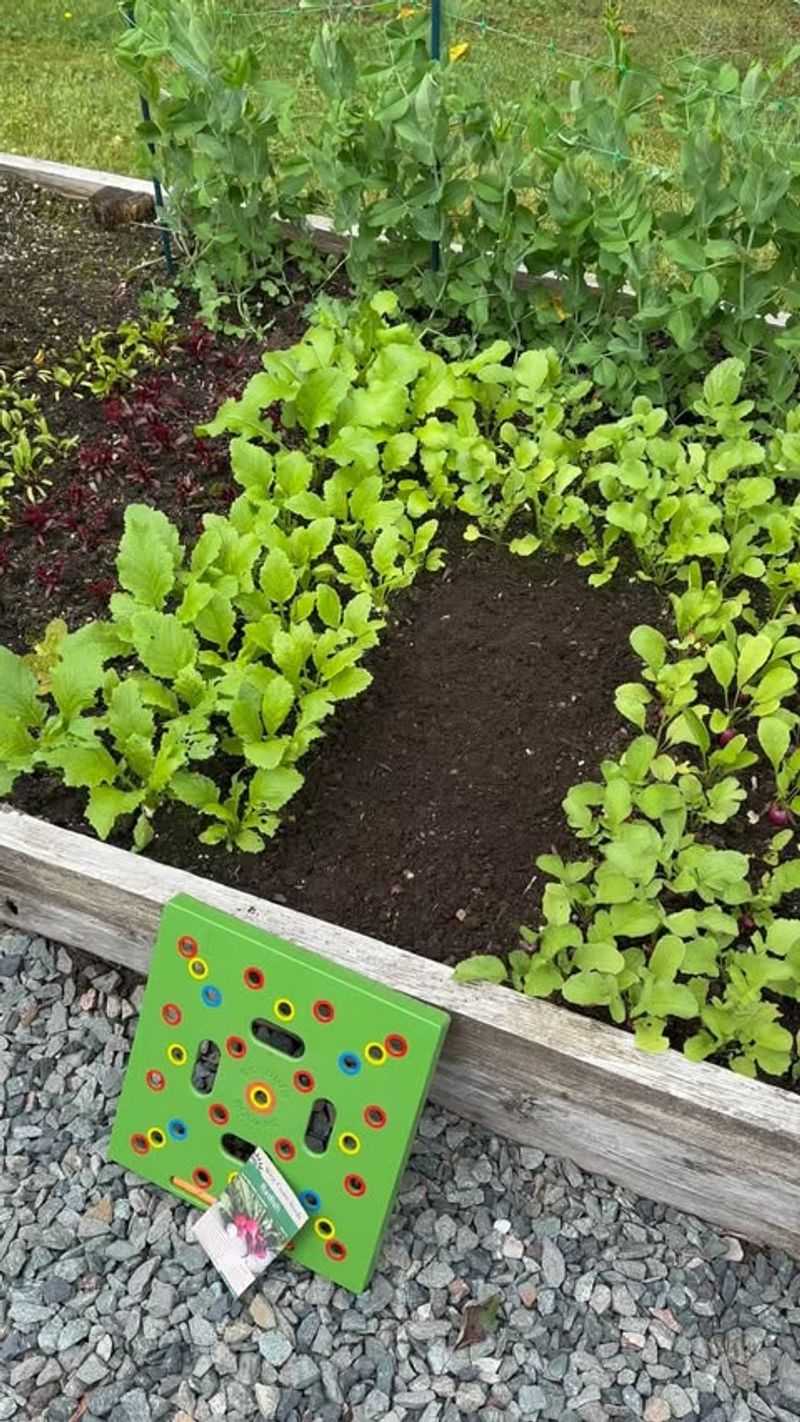
Implementing crop rotation is easier with raised beds due to their organized layout. By rotating crops, you can maintain soil fertility and reduce pest and disease buildup.
The defined sections of raised beds simplify planning and execution of rotation strategies. This practice leads to healthier soil and improved plant resilience. Easy crop rotation in raised beds supports sustainable gardening practices and long-term success.
16. Effective Companion Planting
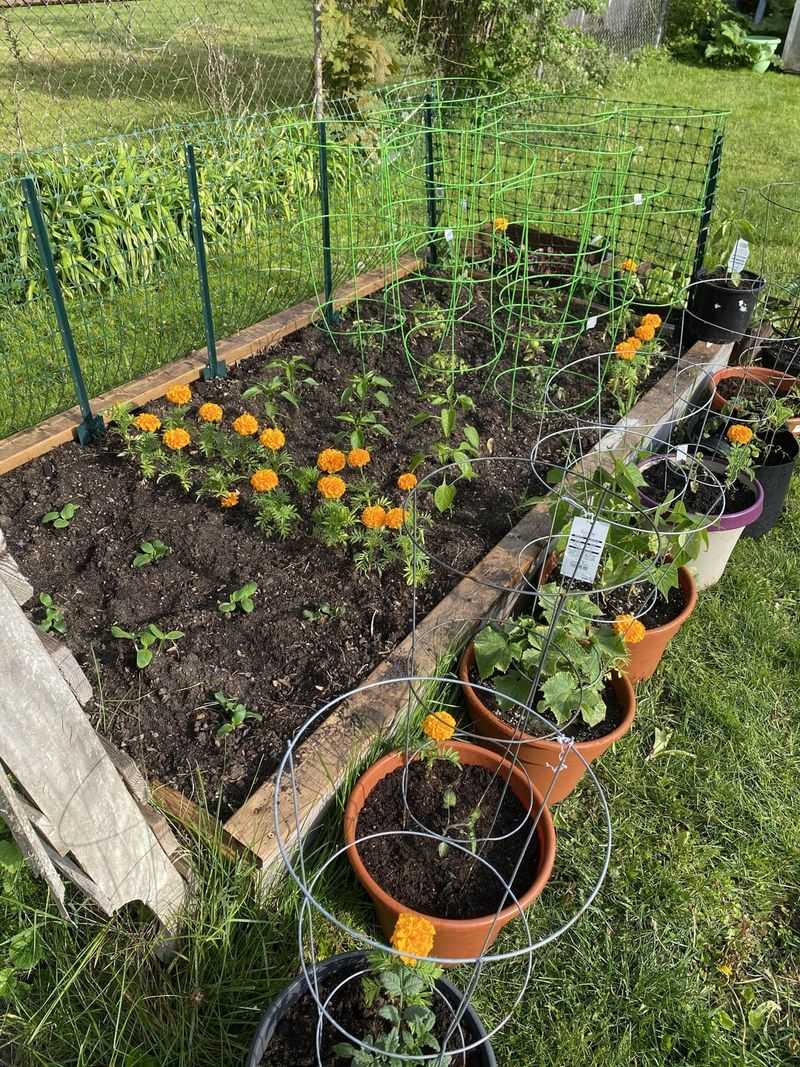
Companion planting thrives in raised beds, where space and proximity are easily controlled. By strategically placing compatible plants together, you can boost growth and deter pests.
Raised beds make it simple to experiment with various plant combinations, optimizing the benefits of companion planting. This method enhances biodiversity and creates a harmonious garden ecosystem. Effective companion planting contributes to robust plant health and a more abundant harvest.
17. Versatile Location Options
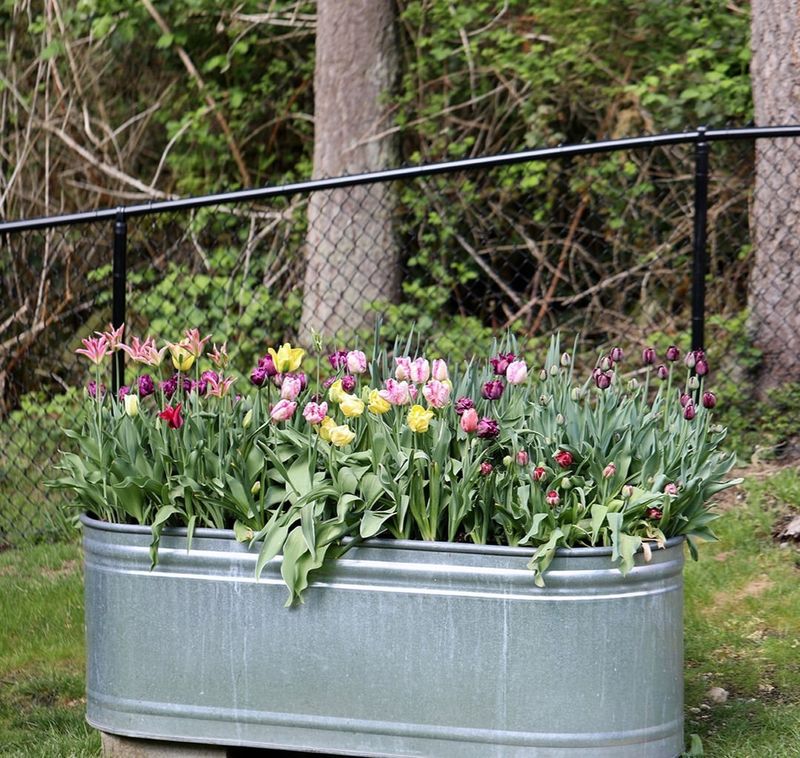
Raised beds offer versatility in location, allowing you to place them on rooftops, patios, or any available space. This flexibility makes them suitable for urban environments where traditional gardens are not feasible.
By utilizing unconventional spaces, you can enjoy the benefits of gardening even in city settings. Raised beds transform unused areas into productive green spaces. Versatile location options bring nature closer, enhancing urban living with fresh produce and greenery.
18. Reduced Maintenance
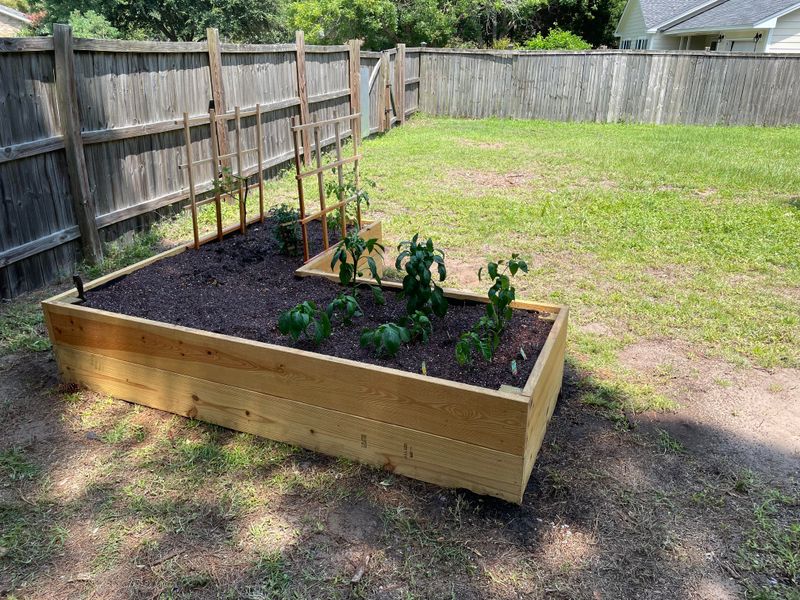
Garden maintenance can be time-consuming, but raised beds require less upkeep. The organized structure and controlled environment lead to fewer weeds and pests.
This reduction in maintenance tasks allows gardeners to focus on enjoying the process rather than constant upkeep. Raised beds are particularly appealing to those with busy lifestyles or limited time for gardening. Reduced maintenance means more time to savor the fruits of your labor.
19. Aesthetic Appeal
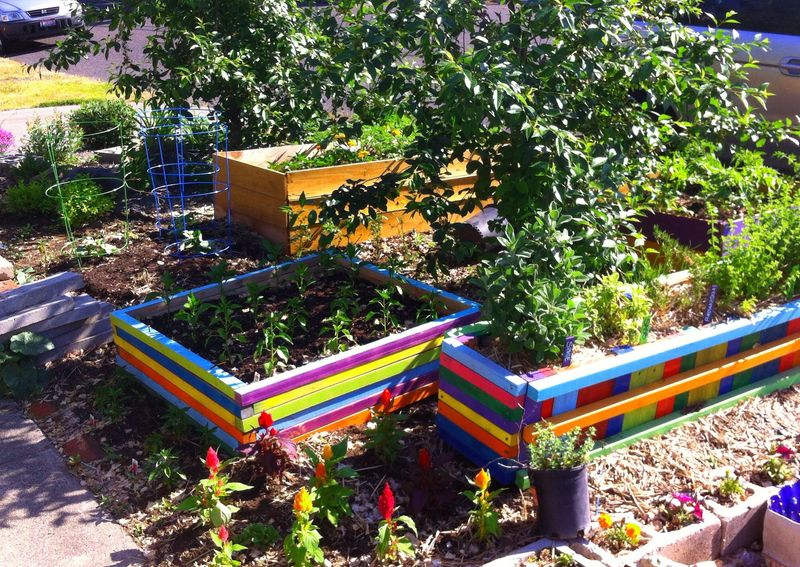
Raised beds enhance the aesthetic appeal of any garden, providing structure and symmetry. Their elevated nature adds depth and dimension, turning a simple garden into a visually stimulating space.
Whether filled with vegetables, herbs, or flowers, raised beds create a charming and orderly appearance. This visual appeal enhances the overall ambiance of your outdoor area. Aesthetic appeal in gardening elevates not only the space but also the joy of gardening itself.
20. Healthier Plants
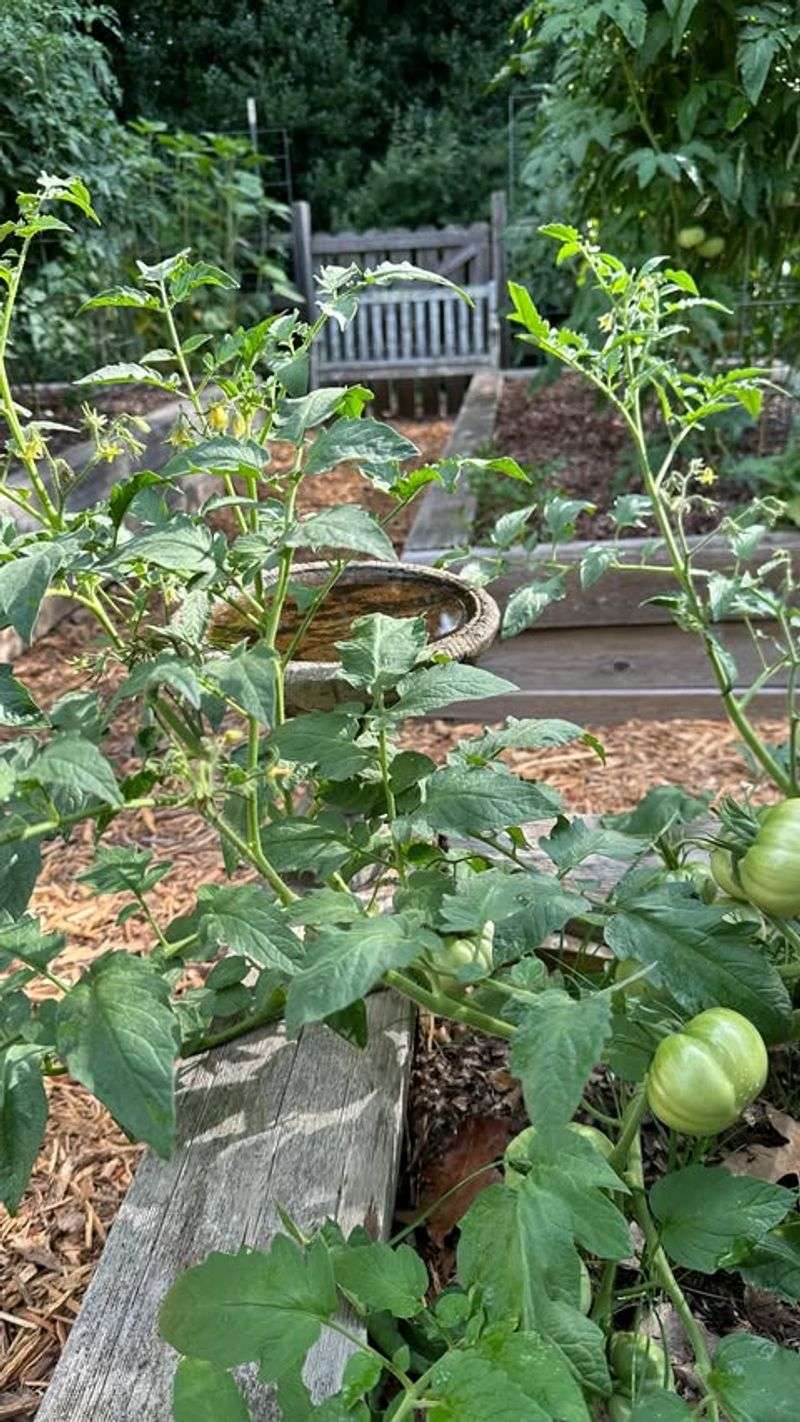
Plants grown in raised beds often exhibit better health, thanks to the ideal conditions these structures provide. The controlled environment minimizes stressors like poor drainage or soil compaction.
Healthy plants are more resilient to diseases and pests, and they produce higher yields. The favorable conditions in raised beds lead to vigorous growth and robust plants. Healthier plants mean a more productive garden and satisfaction for the gardener.
21. Encourages Family Involvement
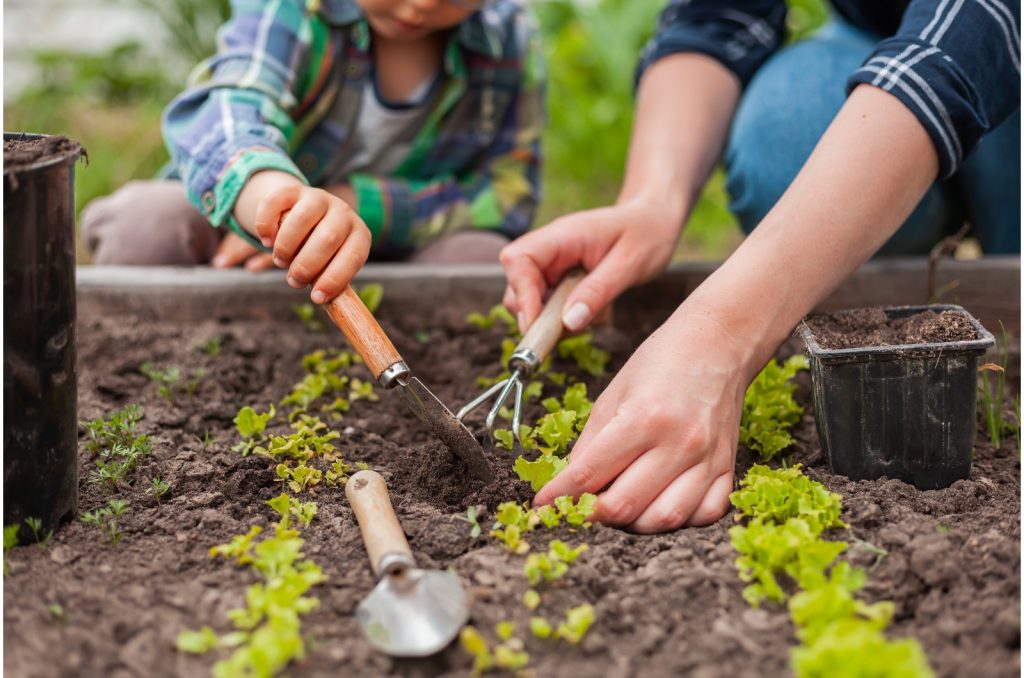
Raised beds provide a manageable and engaging way to involve the whole family in gardening. Their defined structure makes it easier for children to understand the growing process and contribute meaningfully, from planting seeds to harvesting produce.
The accessibility and visual appeal of raised beds invite participation, making gardening a shared activity. This hands-on experience fosters learning, patience, and a deeper connection to food. Encouraging family involvement not only strengthens bonds but also nurtures a lifelong appreciation for sustainable living.
22. Supports Organic Gardening

Raised beds are ideal for those pursuing organic gardening, as they allow complete control over the inputs used. You can avoid synthetic fertilizers and pesticides by selecting natural soil amendments and organic compost.
The isolation of raised beds limits contamination from surrounding areas, making it easier to maintain organic standards. This environment supports beneficial insects and microbes, promoting a healthy ecosystem. Supporting organic gardening ensures cleaner produce and a healthier planet.
23. Encourages Pollinators
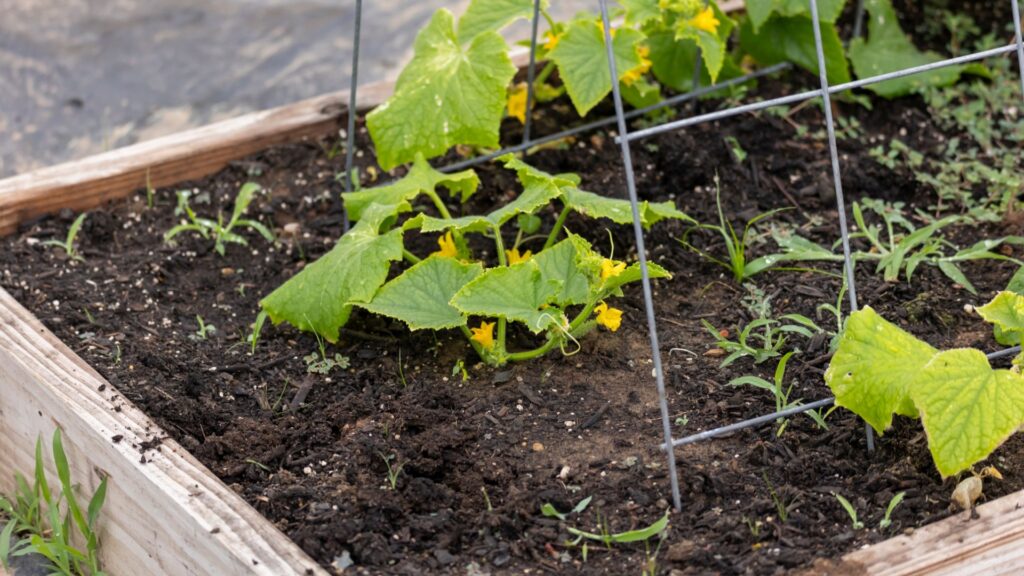
Raised beds can be designed to attract pollinators such as bees, butterflies, and other beneficial insects. By incorporating flowering companion plants or herbs along the edges, you create a welcoming environment for these essential garden visitors.
Pollinators play a vital role in increasing fruit and vegetable yields by aiding in plant reproduction. Raised beds offer easy access for these insects, while also allowing gardeners to better observe and support pollinator activity. Encouraging pollinators not only boosts productivity but also supports a healthy and balanced garden ecosystem.
Common Mistakes To Avoid
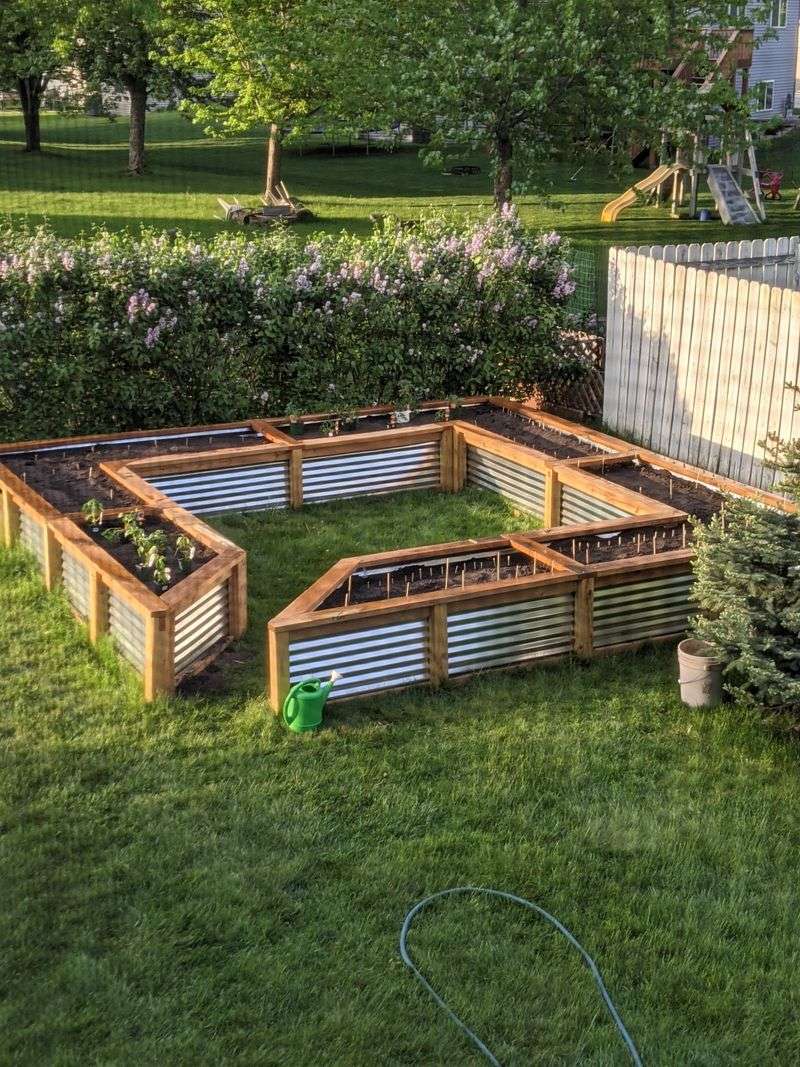
While raised beds offer many benefits, avoiding common mistakes is crucial for success. Overwatering, insufficient drainage, and poor soil quality can hinder plant growth.
Neglecting to rotate crops or overcrowding plants can also lead to decreased yields. Awareness of these pitfalls and proactive management can enhance your gardening experience. By avoiding these mistakes, you can fully enjoy the advantages raised beds offer.

